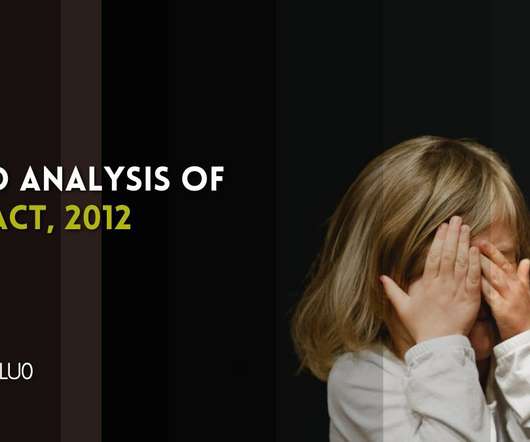Second Circuit Agrees that Copay Assistance Programs May Violate the Anti-Kickback Statute
FDA Law Blog
AUGUST 4, 2022
Kirschenbaum — In a recent decision, the Second Circuit upheld the HHS Office of the Inspector General (OIG)’s position that Pfizer’s proposed copay assistance program for its high-cost heart treatment would violate the Federal Anti-Kickback Statute (AKS). July 25, 2022. Pfizer, Inc. Department of Health and Human Services et al.














Let's personalize your content